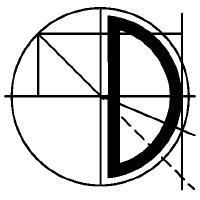Predicting Server Power Consumption from Standard Rating Results
Proceedings of the 19th ACM/SPEC International Conference on Performance Engineering, стр. 301--312. New York, NY, USA, Association for Computing Machinery (ACM), (2019)Full Paper Acceptance Rate: 18.6\% (13/70).DOI: 10.1145/3297663.3310298
Аннотация
Data center providers and server operators try to reduce the power consumption of their servers. Finding an energy efficient server for a specific target application is a first step in this regard. Estimating the power consumption of an application on an unavailable server is difficult, as nameplate power values are generally overestimations. Offline power models are able to predict the consumption accurately, but are usually intended for system design, requiring very specific and detailed knowledge about the system under consideration. In this paper, we introduce an offline power prediction method that uses the results of standard power rating tools. The method predicts the power consumption of a specific application for multiple load levels on a target server that is otherwise unavailable for testing. We evaluate our approach by predicting the power consumption of three applications on different physical servers. Our method is able to achieve an average prediction error of 9.49% for three workloads running on real-world, physical servers.
Линки и ресурсы
тэги
сообщество
@samuel.kounev- тэги данного пользователя выделены




